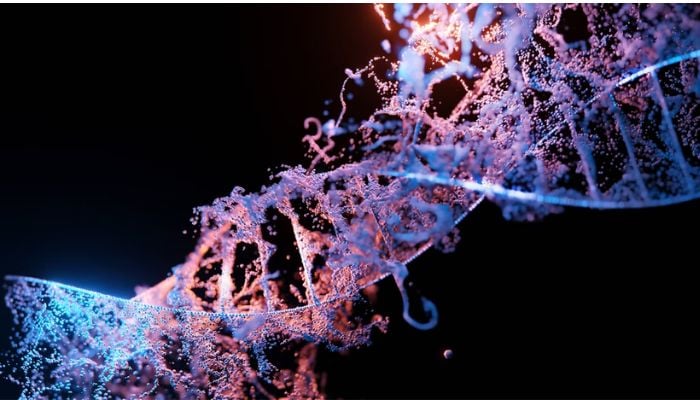What are 'zombie cells' and are they good for you?
Zombie cells can be good for health by inviting immune cells to fight any cancer cells but can also trigger tumour growth
July 20, 2022

- Ends of chromosomes are called telomeres that protect genetic material.
- Each time cells divide, telomeres shorten and weaken.
- Cells avoid turning cancerous by becoming zombie-like in process called cellular senescence.
If the ends of our chromosomes are damaged, "zombie cells" can take birth. These cells are alive but unable to function, according to a new study published in Nature Structural and Molecular Biology.
The ends of chromosomes are called telomeres that protect the genetic material. They form a protective lid on the chromosomes.
Each time cells divide, telomeres shorten and weaken. With age, therefore, telomeres lose their strength as the cells keep dividing. This means DNA becomes more prone to damage.
This damage can lead to gene mutation which can further result in cancer.
Cells avoid turning cancerous by becoming zombie-like in a process called cellular senescence.
These senescent cells are resistant to death. They can be good for health by inviting immune cells to fight any cancer cells.
However, they can also hinder tissue healing and immune functions by releasing chemicals that cause tumour growth.
Researchers decided to figure whether damaged telomeres are the only reason for cell senescence.
Findings confirmed that telomere damage was enough to trigger zombie cells even when it was not shortened.
It is important because senescence can be triggered prematurely and cause age-related illnesses like cardiovascular disease, immunodeficiency, and cancer.
Therefore, telomeres are not only alerting bells indicating that a cell has divided too many times but also signals harmful levels of oxidative stress.









